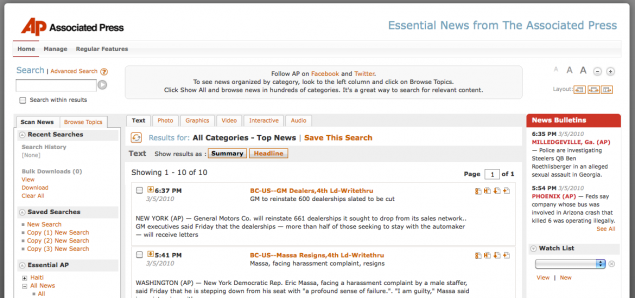Tech: Teens don’t blog much anymore, but their parents still do
- 14% of teens 12-17 blog; that number is down by half
- +6% the gain in blogging among people 34-45, to around 16%
- -2% the decline in Blogger’s U.S. usage; it’s still growing globally, though
- no a lot of kids say they don’t consider Tumblr “blogging” source
- » Old people blog, young people tweet: It’s becoming clear that, while blogging is definitely here to stay, it’s not exactly the hip new thing for kids to do anymore. Why’s that? Well … basically, all their friends are already on other social networks, meaning that their friends don’t have to come to them. Facebook is the new blog site du jour. But even considering that, sites like WordPress say they aren’t facing much decline because, well, serious bloggers blog on WordPress and they use social networking to promote their content.


